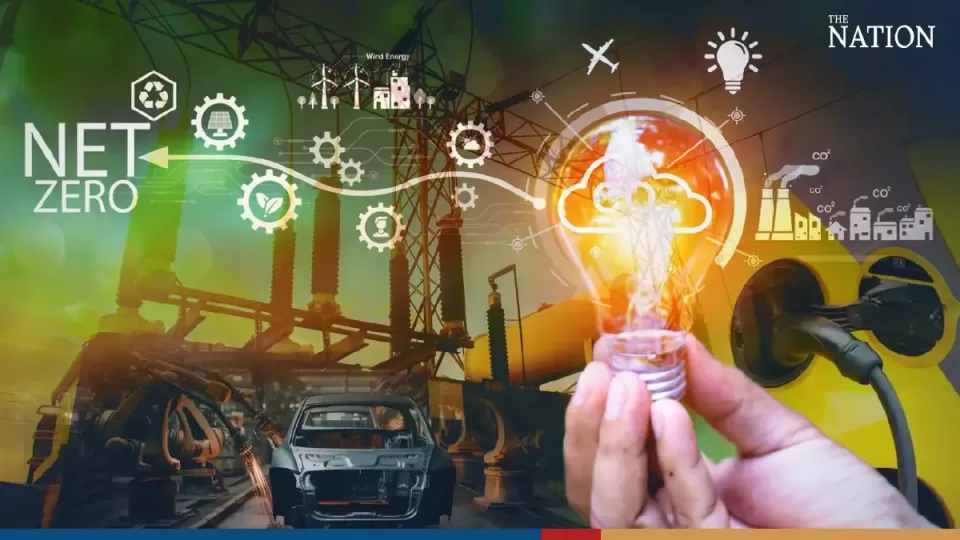July 31, 2023
BANGKOK – An overview of Thailand’s key industries this year shows positive signs of post-pandemic recovery, a top trade fair organiser said.
The four industries showing the most growth are construction, automobile, iron/steel and energy generation, Gernot Ringling, managing director of Messe Dusseldorf Asia, said at a recent press event.
Messe Dusseldorf Asia is a subsidiary of a Germany-based trade fair organiser.
Ringling reckons these rising trends can be attributed to the government’s initiatives and an increase in private-sector investments. These, he said, have led to higher demand for raw materials, production technology and innovations.
The Bank of Thailand recently released data showing a steady economic growth of 3.6% in the second quarter of this year.
It has also pointed to a resurgence in large-scale investment projects, particularly from the private sector, which is expected to expand further next year.
The government has also been investing in mega-infrastructure projects as well as in emerging industries, such as electric vehicles (EVs) and the bio-circular-green economy.
The Board of Investment, meanwhile, has also launched new measures to attract investment and drive growth in targeted industrial clusters.
Among the four main industries contributing to Thailand’s growth, construction is expected to expand thanks to ongoing and new mega-projects, especially in the Eastern Economic Corridor, Ringling said.
The second contributor to growth, the iron/steel industry, has experienced a slight contraction compared to the same period last year, likely due to fluctuating energy costs.
However, the industry is doing fairly well thanks to progress in mega-construction projects, particularly due to the use of underground power cables and communication pipelines.
Thailand’s automotive industry is also expected to grow thanks to a recovery in consumer demand, increased microchip production in several countries and support for EV batteries, Ringling said.
Plus, growth in the EV industry is also contributing to rising electricity consumption, he said.
In addition, the government’s net-zero carbon policy is stimulating investment in new plants producing renewable energy, Ringling added.


